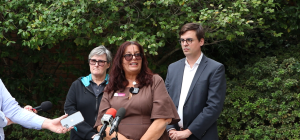The WA State Budget charts a path back to surplus over the next four years, but it is not a sustainable path, according to the WA Council of Social Service.
“We need to invest more in social services to reverse the alarming growth in high cost, acute services like prisons, hospitals and child protection if we are going to achieve a sustainable budget and service system,” said WA Council of Social Service CEO, Irina Cattalini.
“While there is modest growth in social services across the public sector in net terms, a closer look shows that most of the growth is in high cost expenditure in expensive, tertiary service systems, while at the same time, overall spending on earlier intervention and preventative support services continues to decline.”
“We have got to invest in families and communities to turn this continued trend around. It is unsustainable and leaving a terrible legacy across our state.”
The $35m net growth in the Department Child Protection & Family Support masks an alarming cut of $38m over the next four years in family support services aimed at prevention and early intervention. $10m of these cuts stem from the removal of Royalties for Regions funding to deliver the Responsible Parenting program in regional WA, but the cuts also affect homelessness and family support services.”
“This contrasts with predictable continued growth in assessments and protection services of $10m and the unavoidable costs of the growing numbers of children in care of $63m.”
A similar story is evident in corrective services, with new investment of almost $150m in prison costs dwarfing the investment in crime prevention and diversion programs in the community.
Affordable housing remains a major issue in the community and the $6 per week increase in public housing rents next year, which comes on top of the $12 per week increase announced this year, will be a cause of financial hardship for many tenants. We welcome, however, the decision to direct all the $13m of expected revenue from this change back into the social housing system.
The investment of $298m in the coming year for the Social Housing Investment Program is on track to deliver an extra 1000 houses by the end of next year. While an important achievement, this will not be enough to solve the housing affordability challenge. There is nothing in the forward estimates and future governments will need to maintain this level of investment.
The National Partnership Agreement on Remote Indigenous Housing has been critical to achieve improved housing options for Aboriginal people, and WA has exceeded its targets on new dwellings and refurbishments. We are very concerned however that there is no future funding for the program beyond 2017-18, despite its success, and the community need is still far from met.
The Council welcomes the $14.9m investment in strategies to address methamphetamine use. It is a good step forward to recognise that drug and alcohol issues in our community need personalised, demand-side solutions, delivered from a health-based approach. Successive decades have shown that trying to address drug use through the criminal supply side is ineffective and perpetuates harm in the community. More services are needed for residential based alcohol and other drug rehabilitation services.
The Council also welcomes the announcement of a new Centre for Parenting Excellence with a role of driving better coordination across public sector parenting services. We are calling on the government to work collaboratively with the community on the role of the Centre to get better outcomes for children and families. We are concerned about the impact of the loss of the Parenting WA and Best Start programs, particularly the staff on the ground in regional WA. It will be vital to ensure that there is no loss of services, especially for Aboriginal children and families, as a result of the reform of parenting services.
“This year will see a significant increase in fees and charges of $257pa for the representative household model. The introduction of the no-fault car insurance will provide a benefit to the community, but by making no allowance for people’s capacity to pay the $99 fee, we are concerned about the impact this will have on people’s financial resilience. The cost of electricity, gas and water all go up in this budget, with no adequate plan to reform concessions.”
“There is a $14.7 million additional allocation to the Mental Health Commisison in this Budget which follows an 83% increase over the past 8 years, to community-based mental health services. This funding is essential to ensuring we achieve the goals and aims of the 10 year Mental Health & Drug and Alcohol Plan. Despite this we are concerned that expenditure on prevention services is expected to decline by $8 million over the next four years.”
“Austerity measures have been consistently shown worldwide not to provide a sustainable route to return to surplus. It is essential that we do not lose sight of those in our community who need our help most in pursuit of a AAA credit rating.”
Media Contact:
Irina Cattalini, WACOSS CEO – 0422 422 438 or 9420 7222
To download a PDF of this media release, please click here.



